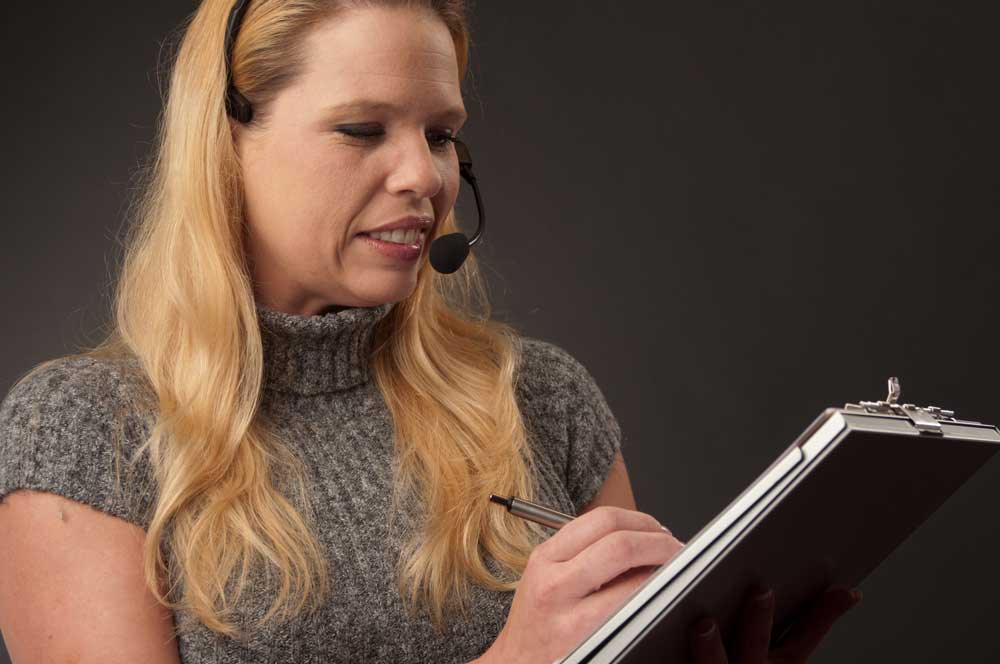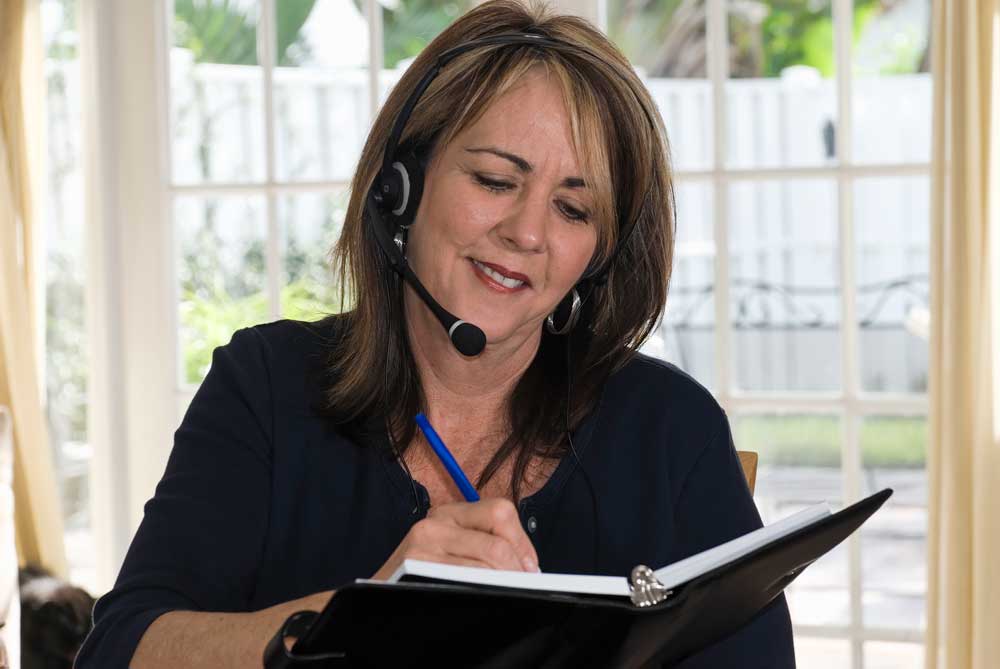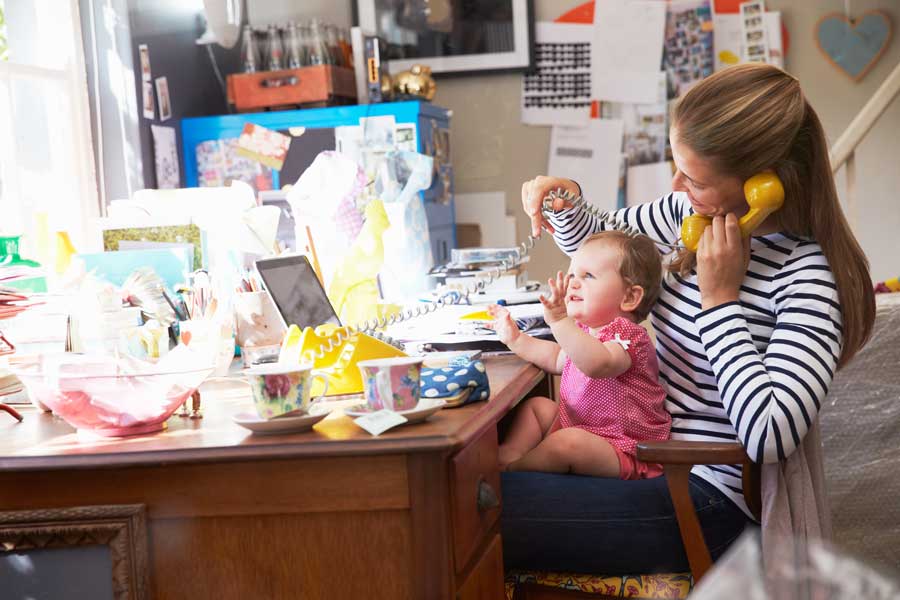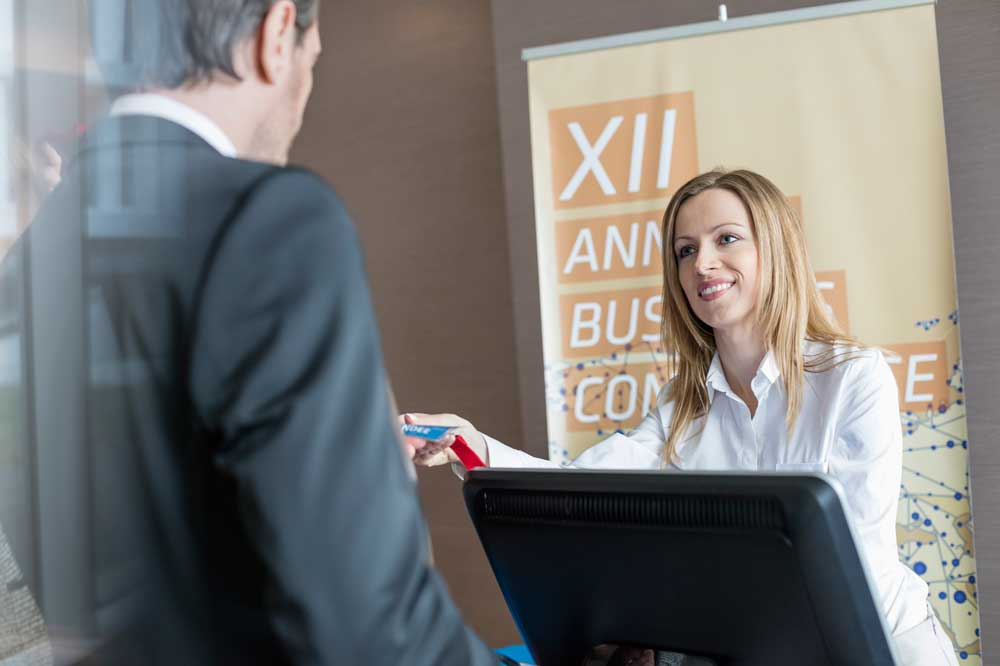As discussed in the previous article, careers in event planning & management start in one sector of the events industry, but an event planner can then choose whether to stay in that sector and specialize, or diversify into another sector.
In addition, within each sector there are several different ways to work as an event planner;

There are event planners who work ‘in-house’ for the company hosting the event—for example, a law firm such as Linklaters will have their own in-house team of event planners to service their internal clients e.g lawyers wanting to stage an event to entertain clients.
Then there are those that work for an event management agency, such as George P. Johnson, which in turn is hired to produce the event by the ‘end client’ i.e the company hosting the event, for example Cisco.
In addition to working either ‘in-house’ or ‘agency’, event planners can work freelance as an independent contractor who is then hired by an agency, in-house team, or by the organization / individual hosting the event.
As a freelancer there are different ways you might be hired to work on events:
Alternatively, a freelancer could find themselves alternating between a mixture of all three—for those wanting more flexible careers in event planning.
Below, we'll look at each option in more detail.
Most large corporations, such as those on the Fortune 500 list, will have some form of event planning department. They might be law firms, accountancy practices, investment banks, management consultancies, or technology, pharmaceutical, energy, and telecoms companies.
Depending on the size and type of company, the corporate events department will usually sit under the umbrella of the corporate services department and is often a sub-division of the marketing and communications department.
The in-house team of event planners is there to service their own internal clients from different divisions of the business. For example, at an investment bank such as Goldman Sachs there will be different divisions such as the Investment Banking, Fixed Income, Private Banking, or Equities. Each of those divisions might call on the in-house events department to organize events for them. This might include meetings, conferences, client dinners and receptions, corporate hospitality, team building events, or staff holiday parties.

A corporate events department often operates like an in-house event agency, in that it will design and manage the event, contract with individual suppliers (such as venues, caterers, audio visual, lighting etc) and report back to their internal client within the organization.
Nowadays, in-house events teams are no longer just for big corporations. With the rise of experiential marketing, brands are starting to realize the power of using events as part of their marketing strategy. As such, they’ve started to hire dedicated event personnel to work in their marketing and publicity departments.
For example, one of my former employees went on to work in-house for MAC Cosmetics where she was responsible for organizing high-profile launch events for products such as their Viva Glam lipstick.
Similarly, one of my clients, the TV production and distribution company FremantleMedia, has a dedicated events team that works within the marketing department to create launch events for their brands such as ‘The X Factor’ and ‘My Babysitter’s a Vampire’.
In the past, event-planning duties were performed by marketing and publicity executives, and this was often referred to as working ‘client side’. For larger events, they might still hire an external event agency to produce the event for them; to develop a creative concept, handle all the production, and deal with suppliers, freeing them up to concentrate on the strategy and ensure that the event meets the marketing objectives.
Nowadays, as events begin to take a more central role in marketing campaigns, more and more companies are hiring dedicated event planners to take on this role internally. To produce smaller events, the internal event planner might contract directly with individual suppliers themselves, or for larger events they might still hire an external event agency to handle production while they take on more of a management role.
Working as an in-house event planner means that there will be some consistency in the events you organize, in the sense that the overall client remains the same. Even though you may produce different types of events, from receptions and dinners to meetings and conferences or even product launches and openings, there will be some consistency between the tone and style of each event that will reflect the company’s corporate image or brand identity.
“I was very keen to straddle both the corporate and agency sides of the industry. I realized early on that to work for an agency you need to have a very different mind-set to that of a corporate. Having gained most of my experience in corporate, I actually had a better offering for the agency side, because certain things that we did on an agency side weren’t always as professional as the way you have to do things on a corporate level. I think that stood me in good stead and made me very sought after in the freelance market.”
There are many different types of event agencies (sometimes known as event management / production companies), each servicing different sectors within the industry.
There are big international experiential agencies, such as Jack Morton Worldwide, Imagination and George P Johnson, which specialize in producing large-scale product launches, public events, experiential activities, conferences and exhibitions for global brands such as Coca Cola, Nike and IBM.
The vast majority of event agencies are small and medium sized businesses, such as Sequoia Productions and Chad Hudson Events, both in Los Angeles, and INCA Productions and my own company Left Field Productions, both in London, which produce premieres, award ceremonies, fashion shows, parties, fundraisers, and smaller brand experience events.
Other types of event agencies include incentive travel houses, such as BI Worldwide or Maritz Travel, that develop event programs for companies to improve employee and customer engagement. Then there are destination management companies (DMC’s), such as Access Destination Services, who offer local knowledge and resources to both event agencies and in-house event departments, in order to help implement events in a particular region.
In the events industry you will also come across many ‘one man band’ style agencies, which are generally experienced event professionals who’ve decided to set up on their own as a small business. These are often sole proprietors; a business controlled and owned by one person, although they often use a trading name other than their own name. Many wedding and party planners operate in this way. Typically these companies consist of just one or two people, but they can still undertake large events for well-known clients.
In my early career, I was a sole proprietor for several years—producing several of Elton John's White Tie & Tiara Balls, Stella McCartney's Wedding, and various corporate events for Credit Suisse—without any full time staff.
Agencies often have different internal structures depending on their size, which can have an impact on the duties of the event planner.
At small agencies there is often a merging of roles, so an event planner might have a greater role in devising the creative concept and making design choices for the event.
They might also have to make all the logistical arrangements themselves, down to arranging the shipping and transport for equipment or arranging taxi’s home for the staff.
That’s why smaller businesses can be a great place to get experience when just starting out, because you’ll often be able to take on more responsibilities.
By contrast, at a larger agency the roles are often a little more defined. A creative director might come up with the concept, a marketing strategist might decide the best format, an event planner (often called a producer in a large agency environment) will handle planning and production, while a logistics manager might take care of the operational details. (Of course, it’s almost always a collaborative process, but the roles and responsibilities are much more defined).
Working as an event planner for an agency means you will usually end up organizing events for a number of different clients, which can add a lot of variety to the job. That said, at a larger agency, you may find yourself assigned to a particular client account based on your experience. If that’s a big account for the agency, it might limit the amount of time you have left to work on other client accounts.
Working for an agency, you’ll also get to work on different types of events; one month it might be a fragrance launch for Christian Dior, the next it might be a gala dinner and awards ceremony for Ernst & Young’s Entrepreneur of the Year Awards.
“When I started out, the amount I learned from working for a very small company—there were only four of us—was immense. David, one of the directors who gave me my first opportunity, really taught me everything I know. You’re also a lot more involved in everything. It taught me a commercial awareness and the importance of chasing a purchase order, because I knew the financial status of the company and I knew that I couldn’t commit to any contract with suppliers if we didn’t have a guarantee of the money coming in. It was the ‘all hands on deck’ approach, where you learn so much about how everything connects and the implications of something not being done properly—which is just the most perfect training for events.”
After you’ve worked in the industry for a while and built up some experience and contacts, you might consider working as freelance event planner. To do this you become a self-employed independent contractor who bills for their time, usually on a per-day rate.
Lots of companies hire freelance event planners on a project by project basis, as and when they need them, rather than employing someone full time year-round. Alternatively, a company may already have a team of full time event planners, but will hire additional freelancers as support during busy times.
A freelance event planner might be hired by an event agency, an in-house events team, or even the end client/host if they don’t have their own dedicated events department.
Contracts can vary in length from a day to a week, or even several months. In your capacity as a freelance event planner, you adopt the role of a temporary employee of the agency or company that has hired you.

In most cases, not all, you will work from their offices and be given a company email address/telephone line so that, to suppliers and the rest of the outside world, you will be viewed as an employee representing the company. Any products or services for the event that you procure from suppliers will be contracted and billed to the company you are working for. You will then just bill the company for your time, based on the number of days you work.

As day-rate billing is intended to be for short contracts, the rate is often higher than if you were to divide the salary of a permanent event planner by the number of days worked each month. Therefore, it can be quite a lucrative way to work—especially if you go from one job to the next, effectively working full time but at the higher freelance rate.
That said, freelancers are also responsible for paying their own taxes out of the money they earn, so the higher rate of pay isn’t always as high as it might first seem. Also, if you have gaps in between contracts where you’re not working—which is often the case—then the money you make on each job may have to last longer to cover periods of unemployment.
The other thing to remember about freelancing is that there is no access to employee benefits; no healthcare, no paid vacations, and no pension plan, and contracts can often be terminated at little or no notice—say, if an event gets cancelled.
“The great thing about working freelance is the networking opportunities. Obviously everyone you work with is also working freelance for other corporates, so because of all the friends and contacts I made while freelancing for Microsoft, I ended up doing other freelance event work for companies like Hewlett Packard and British Telecom.”
Most freelance event planners work on short contracts, which are typically anything from a week or two, to several months. If it’s a matter of weeks, the freelancer will usually work office-based in the run up to a particular event, perhaps as support to the lead event planner.
Alternatively, if the contract is for a month or more, the freelancer might be brought in to be the lead planner on a specific event, in which case they would be responsible for managing the entire planning process through from beginning to end.
In addition to working on the planning stages, a freelance event planner will also go onsite to work at the event itself. Sometimes, after the event, they might return to the office a few days or a week to ‘close down’ the event—such as dealing with post-event budget reconciliation and accounting—before their contract comes to an end and they move on to their next freelance job elsewhere.

As a freelance event planner, it’s possible to juggle a number of different contracts—with different employers—in order to piece together full time employment. Alternatively, you can take time off in between contracts to have more control over when and how often you work.
Some freelance event planners find themselves hired on a freelance basis with no fixed term contract. This means that it becomes a rolling contract where they continue to work for one company, going from event to event, but still being paid as a freelancer. Sometimes these contracts can last for a year or more, so they are referred to as ‘permalance’; a cross between permanent and freelancer.
This can also be a lucrative way to work as some companies will continue to pay you on a higher day/week rate. For example, a freelance event planner I’ve worked with spent 2 years working permalance for an agency called Inca Productions, where she worked on New York Fashion Week runway shows for Diesel and product launches for L’Oreal, followed by 3 years working permalance for another agency GSP, working on events such as the launch of The Atlantis Palm Dubai for One and Only Resorts.
The down side of working permalance is that you are often working like a regular employee, only without benefits (including holiday pay!) and your contract can be terminated at any time—maybe with just a day’s notice.
“After working freelance for Jack Morton for three months, the Bank of America account moved to another agency. However, as I was freelance, I was encouraged by the client to move with them to their new agency where I ended up working on a long-term freelance basis—for two-and-a-half years—with clients such as National Geographic and TV Guide, as well as Bank of America. I liked the freedom of being freelance, and you can often make more money that way.”
A variation of a freelance event planner is one that works exclusively or pre-dominantly on-site at events, rather than office-based in the weeks or months running up to the event (although they may well have been an office-based planner in the past).
These are often referred to as on-site coordinators, event managers, or, in the case of DMC’s and incentive travel houses, travel directors (TD’s).
These freelancers are typically hired to work on-site to set up, de-rig, and run the event. This might just be for a day or two if the event is local, or, more typically, for a week—sometimes up to two.
If the event is not local, the company that hires them will cover any travel costs to get them to the event including flights, hotel accommodation, and meals while on-site, or if meals are not included then a per diem is usually paid to cover this.

The main difference with this role is that on-site coordinators have more of a practical hands-on role in the management and delivery of the event. Usually they are not the lead event planner, but one of a number of freelance event managers that are hired to support the lead planner.
For incentive programs or large overseas meetings involving a program of different events, multiple venues, hotels, and ground transport, the lead planner cannot oversee everything at once. Therefore, freelance event managers are hired and often delegated one particular area of the event to manage, such as airport transfers, hotel check-in, food & beverage, registration, speaker management, or off-site activities and excursions.

On-site event managers usually haven’t been involved in the planning stages leading up to the event, therefore when they arrive on-site they are briefed to ‘take over the reigns’ and implement the work already done by the lead planner.
For this reason you could argue that they’re not really event ‘planners’, but in reality many freelancers are also event planners and of course all event planners are also on-site co-ordinators, so the boundaries between these roles are often blurred.
There are many fully trained and highly capable office-based event planners who simply choose to work freelance in a mix of office-based and on-site roles, or on-site only.
In the early years of my career, I would work self-employed as an event planner with my own company, but in quiet periods in between events, I would work as an on-site co-ordinator because it was convenient way to get a week’s work without having to commit to longer contracts.
“Escorting tours was a great introduction to working onsite at events because I had to manage several coach-loads of people. I’d make sure they all got from the airport to the hotel and checked in, and then I’d make sure they all got their ski hire or whatever else the leisure activities involved. The great thing about this business is that no matter what job you do onsite you’re always learning another skill. All these things add up to a vast knowledge bank of what it means to charter a coach, organize ski equipment for 50 people, make sure everybody has a hotel room, or is insured. You’re constantly learning to plan, manage, and learn how to deal with different things.”
Not only do careers in event planning offer the opportunity to work in different sectors of the industry, one can also diversify with the type of event planner you are too—giving you the opportunity to experience event planning from the perspective of an in-house, agency, or on-site coordinator.
Personally, I would highly recommend that all event planners try to get some experience in each of these different roles—especially at the beginning of their career. The more you understand the process from all different perspectives—the more skills and knowledge you’ll acquire, and the better event planner you’ll be.
Working as an on-site coordinator at international corporate conferences gave me a huge insight into the logistics, travel, and people management side of events. Up until then, most of the events I’d worked on were one night/day affairs in my own country.
So I learned a lot about how to manage 1,000 people arriving in a foreign country for an event, including how to deal with airport arrivals, transfers, guests spread over multiple hotels, rooming lists, welcome packs, ground transport, and co-ordinating a program of activities over several days.

Not only did that experience prove invaluable later when I began planning overseas events with my own company, I also learned a lot about the professional level of service expected at business events.
Each type of event planner has a slightly different take on the event planning process—and each perspective, I think, can offer very valuable insights. For example, in my opinion, in-house corporate event planners are usually highly skilled when it comes to contract negotiation, logistics, detail, professional communication, and customer service. Whereas agency planners can often be more innovative, collaborative, experimental, and resourceful. Similarly, good on-site co-ordinators are typically very calm, flexible, and great at thinking on their feet and problem solving.
There are different skills and qualities that can be learned in each of these roles, so trying each of them will only make you a better event planner in the long run.
Is event planning right for you? Read the pros and cons of careers in event planning & management.